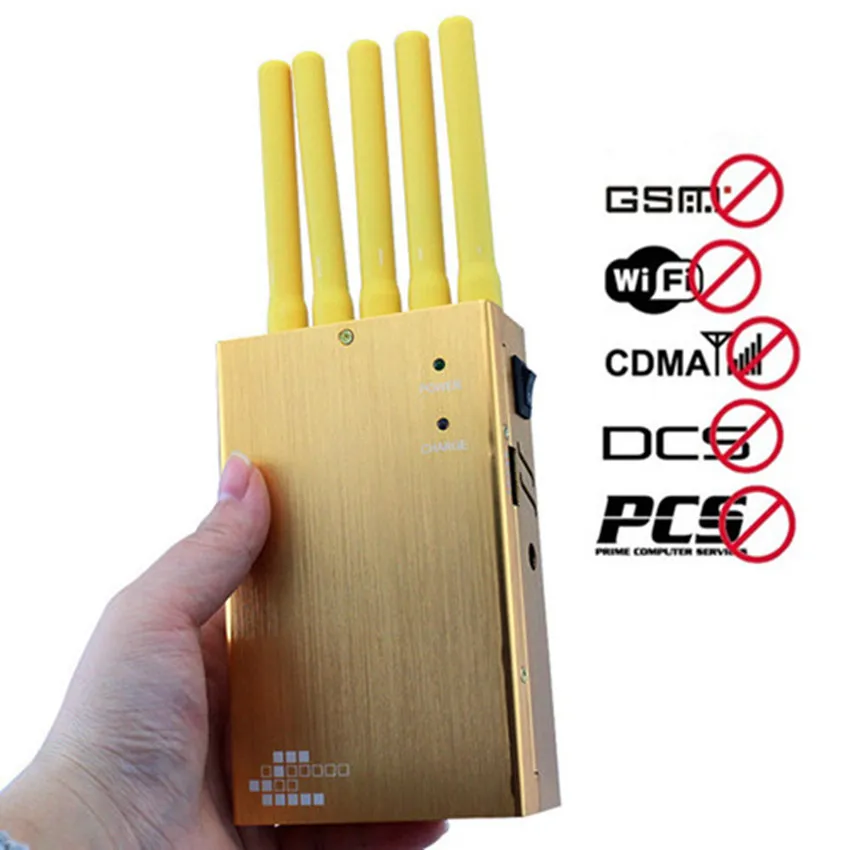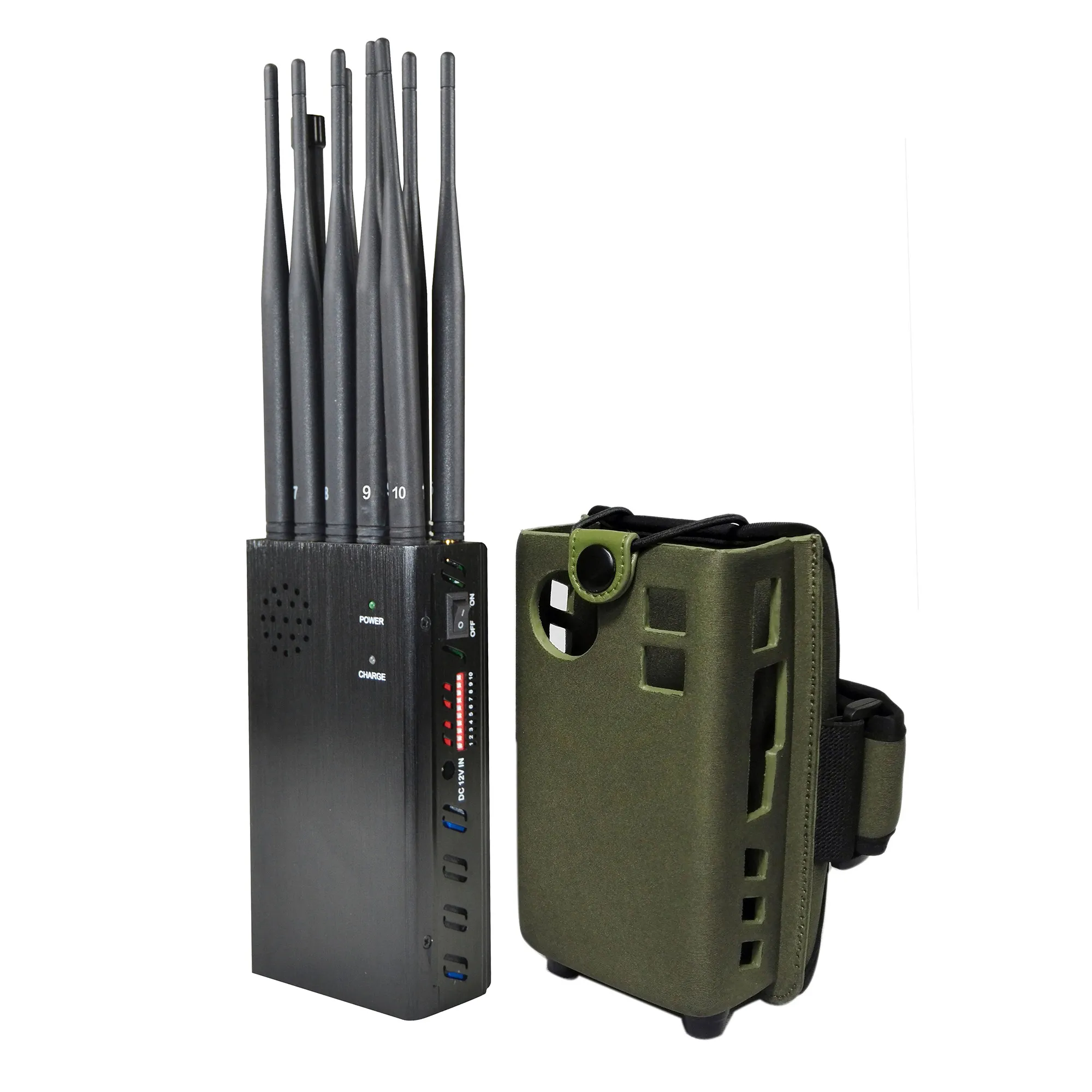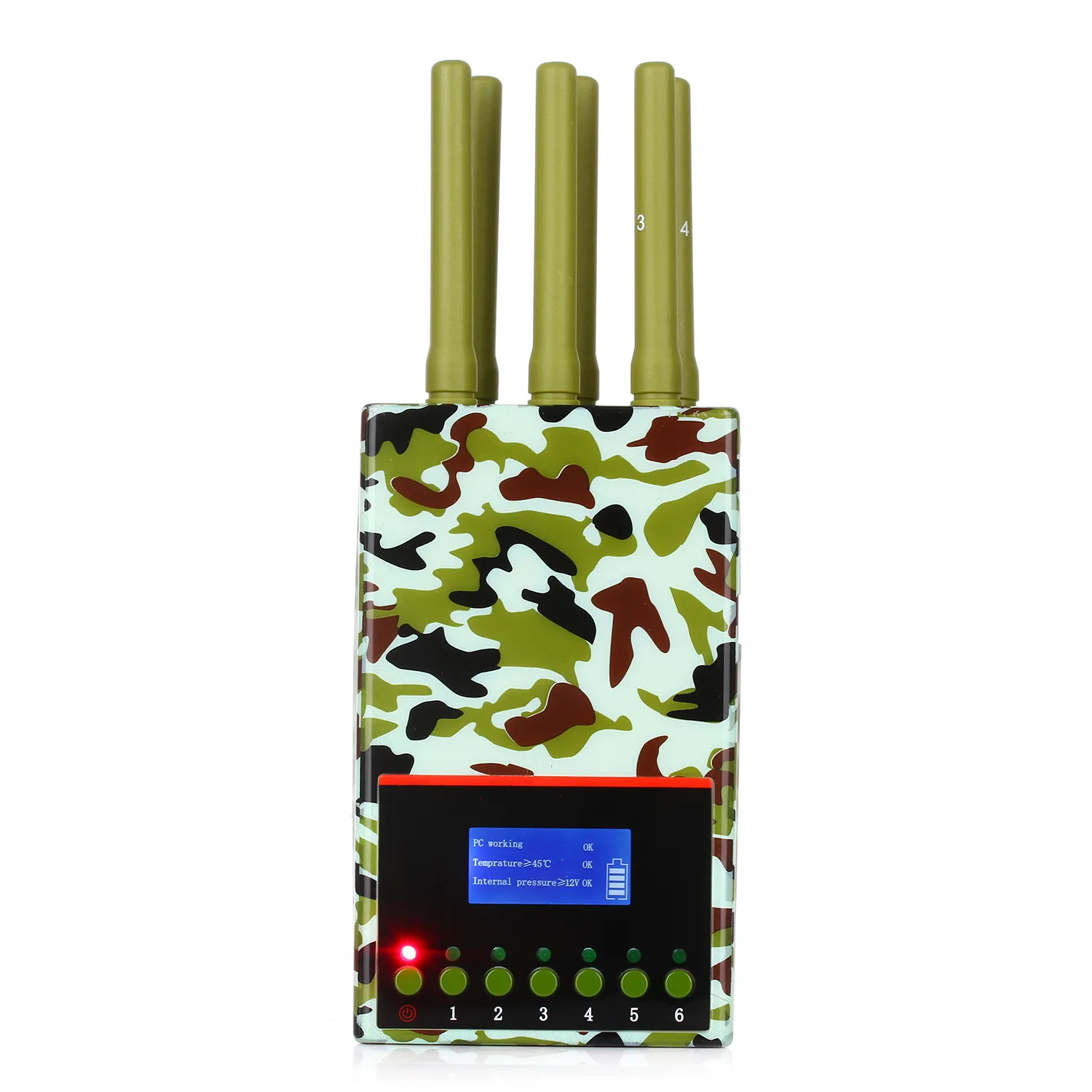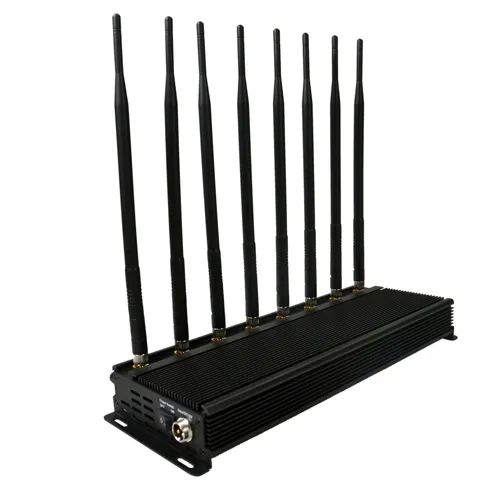
Josephus Jelianggao, chief commissioner of the Talisay City Prison Guard, said he hopes the prison will also have signal interference to prevent the illegal use of mobile phones in the facility. This means that any smuggling calls in the facility will be quickly identified. In addition, it will be relatively easy to make a list of approved phones (owned by guards, office workers, etc.) and route calls from these devices to the communication network. Or, we must ask exactly why the guard on duty needs a phone.
Cell phones were seized from blocks 1, 2, 3, 4 and high-security block 1. A cell phone blocker was installed in the prison room two months ago. Last year, it was reported that 72 mobile phone cases were registered, and there have been 64 cases this year.
Prison officials told TNIE: "During the raid, we seized the phone from the toilet, the rainwater network, and even our shoes." "Someone tore the back of the slippers, put it on the phone, and put it back. In most cases, the prisoner will The phone is hidden in a clumsy place or ordinary place for daily use."
Repeat offenders are considered to be the people most likely to have cell phones because they have visited the prison many times and know how to hide and use the jammer device. Even better, this method will make it possible to identify incarcerated persons, especially if the presence of the base station remains very calm.
But Eduardo Gullas, the mayor of Talisay, said there is no reason to install convenient jammers, because if strict rules are followed, abnormal conditions can be prevented. Gulas added that buying interference equipment is another source of cost that the city can use for other purposes.











